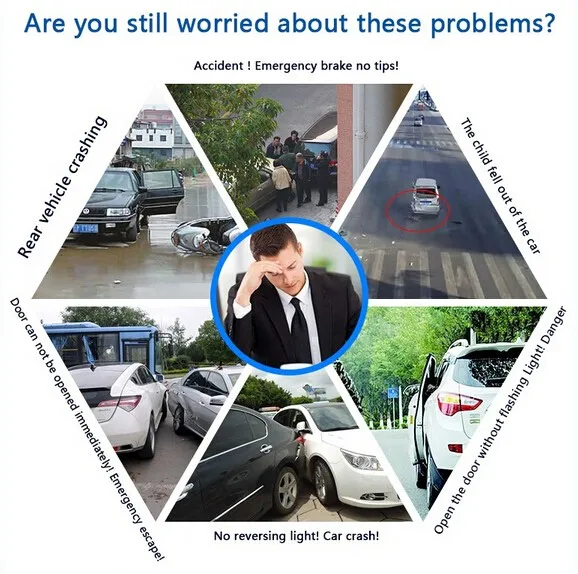"Should You Pay Off Car or Student Loans First: A Comprehensive Guide to Managing Your Debt"
#### IntroductionWhen it comes to managing debt, one of the most common dilemmas individuals face is whether to pay off car or student loans first. This dec……
#### Introduction
When it comes to managing debt, one of the most common dilemmas individuals face is whether to pay off car or student loans first. This decision can significantly impact your financial health, credit score, and overall peace of mind. In this guide, we will explore the factors to consider, the pros and cons of each option, and strategies to effectively tackle your debt.
#### Understanding Your Debt
Before deciding whether to pay off car or student loans first, it’s essential to understand the nature of each type of debt. Car loans are typically secured loans, meaning they are backed by the vehicle itself. If you fail to make payments, the lender can repossess your car. On the other hand, student loans can be either federal or private and are generally unsecured. Defaulting on student loans can lead to severe consequences, including wage garnishment and loss of tax refunds.
#### Interest Rates and Terms
A critical factor in your decision-making process is the interest rates associated with each loan. Generally, student loans tend to have lower interest rates compared to car loans. However, this is not always the case, as some private student loans can carry high-interest rates. By comparing the interest rates of your car loan and student loans, you can determine which debt is costing you more in the long run.
#### Financial Impact

Another important consideration is the financial impact of each loan. If you are struggling to make ends meet, paying off a car loan may provide immediate relief since it is a secured debt. Once the car loan is paid off, you can redirect those funds toward your student loans. Conversely, if your student loans are causing significant stress, focusing on them first may alleviate some of that burden.
#### Credit Score Considerations
Your credit score can also be affected by your choice to pay off car or student loans first. Car loans are often reported to credit bureaus, and paying them off can positively impact your credit utilization ratio. However, student loans also contribute to your credit history. Maintaining a good payment history on both types of loans is crucial for a healthy credit score.
#### Personal Financial Goals
Your personal financial goals should guide your decision as well. Are you aiming to become debt-free quickly, or are you focused on long-term financial stability? If your goal is to eliminate debt quickly, you may want to prioritize the loan with the higher interest rate or the one that is causing you the most stress. If you are more concerned about long-term financial health, consider the implications of each loan on your overall financial picture.

#### Strategies for Paying Off Debt
Regardless of whether you choose to pay off car or student loans first, it’s essential to have a strategy in place. Here are some effective approaches:
1. **Snowball Method**: Focus on paying off the smallest debt first while making minimum payments on others. This method can boost your motivation as you see debts eliminated.
2. **Avalanche Method**: Prioritize paying off the debt with the highest interest rate first. This strategy can save you money in interest payments over time.
3. **Consolidation**: Consider consolidating your student loans to lower your interest rate or make payments more manageable.

4. **Budgeting**: Create a detailed budget to identify areas where you can cut expenses and allocate more funds toward debt repayment.
#### Conclusion
Deciding whether to pay off car or student loans first is a personal choice that depends on various factors, including interest rates, financial impact, credit score, and individual goals. By understanding your debt and implementing effective strategies, you can take control of your financial future and work towards becoming debt-free. Remember, the key is to stay informed and make decisions that align with your long-term financial objectives.